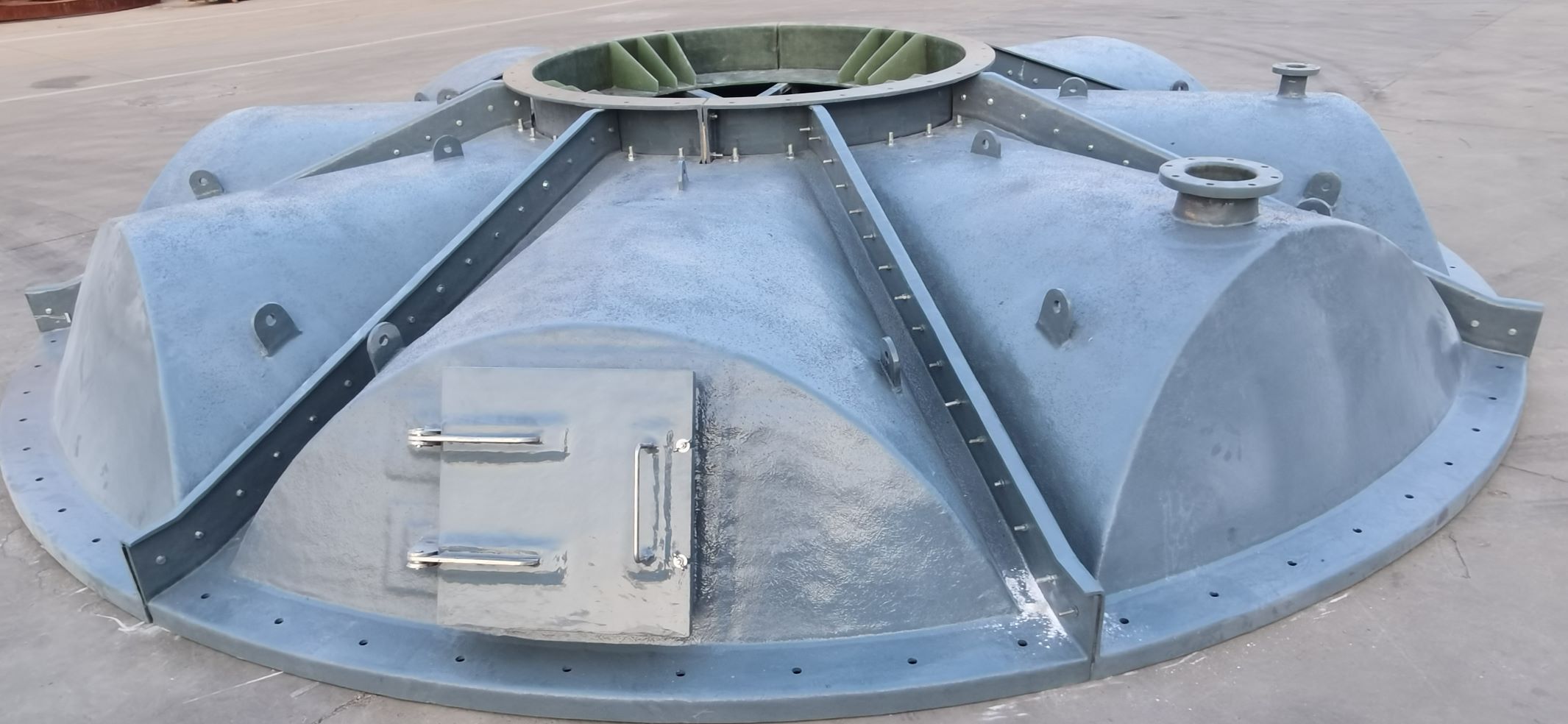
-
 Afrikaans
Afrikaans -
 Albanian
Albanian -
 Amharic
Amharic -
 Arabic
Arabic -
 Armenian
Armenian -
 Azerbaijani
Azerbaijani -
 Basque
Basque -
 Belarusian
Belarusian -
 Bengali
Bengali -
 Bosnian
Bosnian -
 Bulgarian
Bulgarian -
 Catalan
Catalan -
 Cebuano
Cebuano -
 China
China -
 China (Taiwan)
China (Taiwan) -
 Corsican
Corsican -
 Croatian
Croatian -
 Czech
Czech -
 Danish
Danish -
 Dutch
Dutch -
 English
English -
 Esperanto
Esperanto -
 Estonian
Estonian -
 Finnish
Finnish -
 French
French -
 Frisian
Frisian -
 Galician
Galician -
 Georgian
Georgian -
 German
German -
 Greek
Greek -
 Gujarati
Gujarati -
 Haitian Creole
Haitian Creole -
 hausa
hausa -
 hawaiian
hawaiian -
 Hebrew
Hebrew -
 Hindi
Hindi -
 Miao
Miao -
 Hungarian
Hungarian -
 Icelandic
Icelandic -
 igbo
igbo -
 Indonesian
Indonesian -
 irish
irish -
 Italian
Italian -
 Japanese
Japanese -
 Javanese
Javanese -
 Kannada
Kannada -
 kazakh
kazakh -
 Khmer
Khmer -
 Rwandese
Rwandese -
 Korean
Korean -
 Kurdish
Kurdish -
 Kyrgyz
Kyrgyz -
 Lao
Lao -
 Latin
Latin -
 Latvian
Latvian -
 Lithuanian
Lithuanian -
 Luxembourgish
Luxembourgish -
 Macedonian
Macedonian -
 Malgashi
Malgashi -
 Malay
Malay -
 Malayalam
Malayalam -
 Maltese
Maltese -
 Maori
Maori -
 Marathi
Marathi -
 Mongolian
Mongolian -
 Myanmar
Myanmar -
 Nepali
Nepali -
 Norwegian
Norwegian -
 Norwegian
Norwegian -
 Occitan
Occitan -
 Pashto
Pashto -
 Persian
Persian -
 Polish
Polish -
 Portuguese
Portuguese -
 Punjabi
Punjabi -
 Romanian
Romanian -
 Russian
Russian -
 Samoan
Samoan -
 Scottish Gaelic
Scottish Gaelic -
 Serbian
Serbian -
 Sesotho
Sesotho -
 Shona
Shona -
 Sindhi
Sindhi -
 Sinhala
Sinhala -
 Slovak
Slovak -
 Slovenian
Slovenian -
 Somali
Somali -
 Spanish
Spanish -
 Sundanese
Sundanese -
 Swahili
Swahili -
 Swedish
Swedish -
 Tagalog
Tagalog -
 Tajik
Tajik -
 Tamil
Tamil -
 Tatar
Tatar -
 Telugu
Telugu -
 Thai
Thai -
 Turkish
Turkish -
 Turkmen
Turkmen -
 Ukrainian
Ukrainian -
 Urdu
Urdu -
 Uighur
Uighur -
 Uzbek
Uzbek -
 Vietnamese
Vietnamese -
 Welsh
Welsh -
 Bantu
Bantu -
 Yiddish
Yiddish -
 Yoruba
Yoruba -
 Zulu
Zulu
high pressure fiberglass pipe
Understanding High-Pressure Fiberglass Pipes
In the world of industrial applications, the choice of piping materials is crucial for operational efficiency, safety, and longevity. Among the various options available, high-pressure fiberglass pipes have emerged as a prominent choice for many industries due to their unique properties and advantages.
What are High-Pressure Fiberglass Pipes?
High-pressure fiberglass pipes are composite materials made from a combination of glass fibers and resin. The fiberglass reinforcement provides exceptional strength, while the resin binds the fibers together, creating a lightweight yet robust piping system. These pipes are specifically designed to withstand high internal pressures, making them suitable for various demanding applications.
Advantages of High-Pressure Fiberglass Pipes
1. Corrosion Resistance One of the most significant advantages of fiberglass pipes is their resistance to corrosion. Unlike metal pipes, which can rust and degrade over time when in contact with corrosive substances, fiberglass pipes are not susceptible to such deterioration. This makes them ideal for transporting chemicals, wastewater, and other corrosive materials.
2. Lightweight Fiberglass pipes are considerably lighter than their metal counterparts. This lightweight nature simplifies handling and installation, reducing labor costs and making them easier to transport. The lower weight also means that the structural support required for installation can be less extensive, offering further savings.
3. High Strength-to-Weight Ratio Despite being lightweight, high-pressure fiberglass pipes boast impressive strength. This strength-to-weight ratio allows them to handle high pressure without compromising safety or durability. They can withstand extreme conditions, such as high temperatures and pressures, making them suitable for various industrial applications.
4. Flexibility in Design Fiberglass can be molded into various shapes and sizes, allowing for customized piping solutions tailored to specific needs. This flexibility makes it possible to create complex piping systems that can navigate various layouts and obstacles in industrial settings.
5. Longevity The durability of fiberglass pipes translates into a longer lifespan compared to traditional materials. This longevity results in lower maintenance costs and reduced frequency of replacements, providing a cost-effective solution for businesses.
high pressure fiberglass pipe

Applications of High-Pressure Fiberglass Pipes
Given their many advantages, high-pressure fiberglass pipes have found applications across several industries
1. Oil and Gas These pipes are commonly utilized in the oil and gas industry for transporting crude oil, natural gas, and various chemicals. Their resistance to corrosion and ability to withstand high pressures make them suitable for these demanding environments.
2. Water and Wastewater Management High-pressure fiberglass pipes are increasingly used in municipal water supply and wastewater treatment systems. Their durability and resistance to chemical degradation ensure a reliable pipeline for transporting water and effluents.
3. Chemical Processing In facilities where corrosive chemicals are handled, fiberglass pipes provide a safe and efficient means of transportation. They can withstand harsh conditions without deteriorating, which is essential for maintaining the integrity of the production process.
4. Power Generation These pipes are utilized in cooling water systems in power plants, helping to manage the high-pressure and temperature conditions effectively.
Environmental Benefits
High-pressure fiberglass pipes also contribute to sustainability efforts. Their longevity reduces the need for frequent replacements, thereby minimizing waste. Additionally, the manufacturing process for fiberglass pipes often uses fewer resources compared to traditional materials, lower energy consumption during production helps decrease the overall carbon footprint.
Conclusion
High-pressure fiberglass pipes represent a significant innovation in piping technology, combining strength, lightweight properties, and excellent resistance to corrosion. Their versatility and wide range of applications make them an essential choice in industries requiring reliable and efficient piping solutions. As industries continue to seek sustainable and cost-effective options, the preference for high-pressure fiberglass pipes is likely to grow, solidifying their position as a staple in modern infrastructure. As technology advances, it is expected that the efficiencies and capabilities of these pipes will only improve, meeting the ever-evolving needs of the industry.









